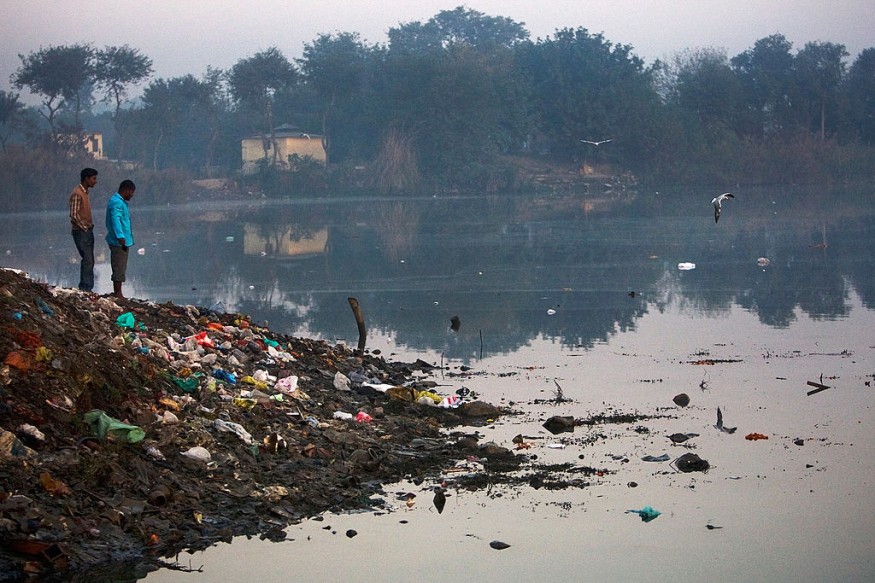The recent UN report raised concerns about the rising water scarcity in South Asia. About 347 million children are reportedly exposed to worsening problems.
Poor water management and climate change effects have worsened the problem of water scarcity. It can become challenging for poorer communities.
As a result, improving the water supplies is crucial for human health and the environment, especially for children. The intensifying drought can significantly affect the water supplies, making recovery more challenging.
347 Million Children Exposed to Water Scarcity

A recent report found that children in South Asia suffered from water scarcity. Understanding the problem can help communities and policymakers to develop plans to address the water problem in the region.
UNICEF explained that the drying up of water can impact healthcare facilities, schools and communities. The poor water management, planning and mitigation have contributed to the water issues.
In addition, the report emphasized that climate change and unpredictable weather. Poorer communities have also experienced severe weather events, including heavy rains and flooding.
When there are dwindling supplies of water, it can pose widespread damage to crops and wildlife. Farms need sufficient water to grow their crops, and the low water level can affect food security, including transportation.
Meanwhile, water scarcity also threatens wildlife. Animals need water to drink and survive. The increasing water problems can make it challenging to thrive.
Furthermore, water problems can bring harmful diarrhea, cholera and other water-borne illnesses. Researchers warned that it could affect human health, especially people's reproductive and gastrointestinal.
As a result, water-borne diseases are considered public health issues. Children are the most vulnerable to adverse health effects or water contamination.
Water Pollution and Plastic Problems
Water and plastic pollution are also pressing environmental and health concerns. The increased production of plastic can enter the world's oceans, which can become deadly for humans and animals. The plastic shards can damage animal's organs or intestines.
Recently, researchers also added that microplastics can also affect people's health. Humans can consume microplastics from animals they eat. It can contaminate the tap water.
Meanwhile, the water contamination is from harmful pollutants, including trash, chemicals and parasites. The toxic chemicals, from pesticides or herbicides, can enter the water that can cause neurological health concerns.
Did you know? According to Harvard Health, water pollution can significantly impact plants and animals. Animals can likely suffer from low chance of reproduction.
For more similar, don't forget to follow Nature World News
© 2025 NatureWorldNews.com All rights reserved. Do not reproduce without permission.

